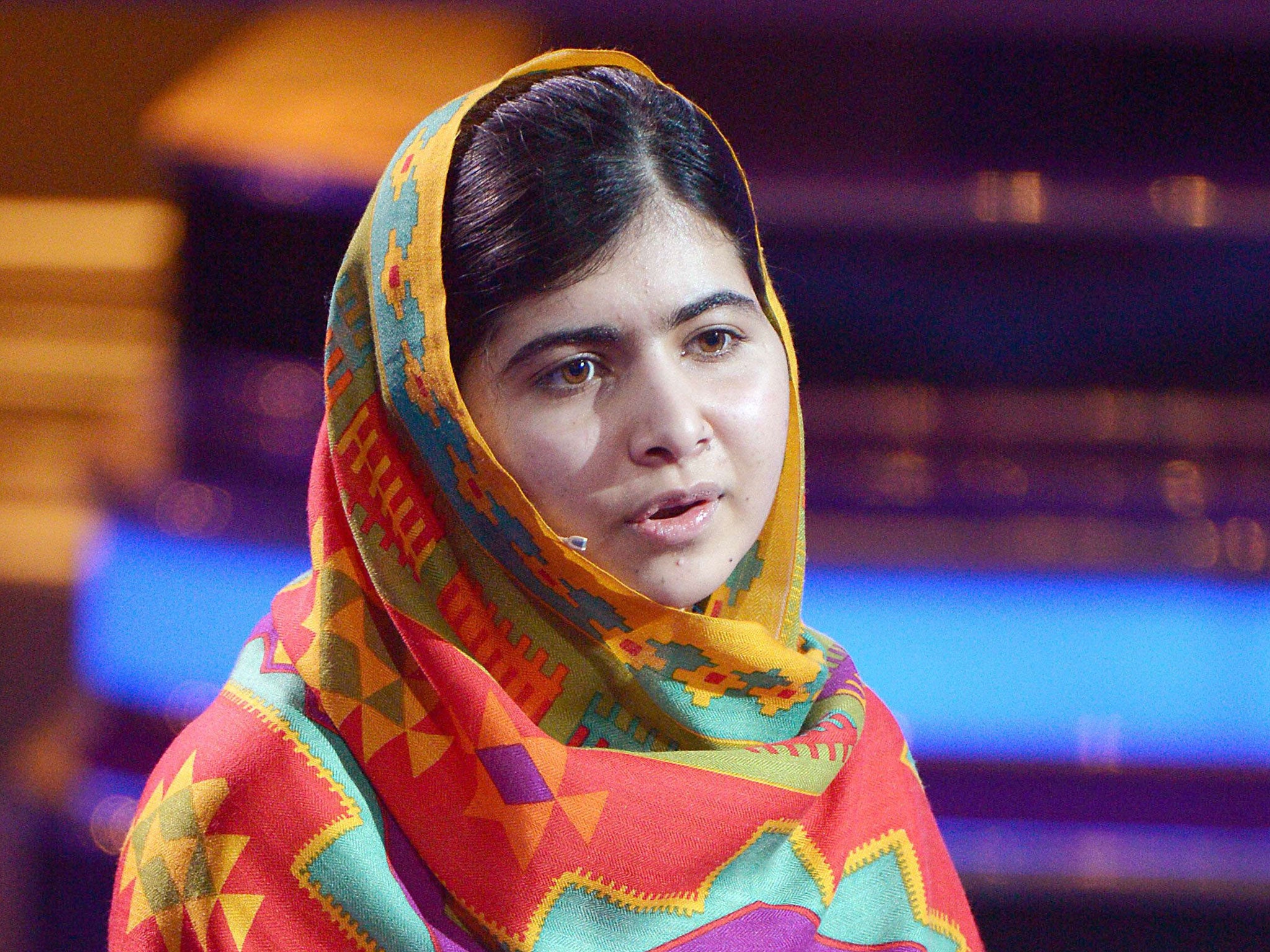The Big Questions: Is Woman’s Hour still relevant? What should we make of ‘twerking’?
This week's big questions are answered by of Woman's Hour presenter Jenni Murray

You are exploring the Woman’s Hour archive for your Boxing Day edition of the programme. What’s the most exciting thing you’ve come across?
There’s such an extraordinary wealth of material that, after so long as presenter of the programme, I’d almost forgotten some of the interviews I’ve done myself. I was thrilled to hear Benazir Bhutto again, interviewed in 1986, just before she returned from exile to Pakistan to stand for parliament – so young, so courageous, so idealistic, but so scared.
I was touched to hear John Diamond and Nigella talking about their relationship through his throat cancer and the great love they had for each other. He said how sad he was to no longer be able to taste her food, but hinted, wickedly, at how many other lovely things she did for him.
But the most startling stuff goes way back before me. Nancy Astor, the first woman to take her seat in Parliament, interviewed in 1956, and Mary Richardson, the suffragette, explaining in 1957 how and why she slashed Velazquez’s Rokeby Venus in the National Gallery.
How would you sum up Woman’s Hour’s contribution to society?
It’s given women the opportunity to explore every aspect of their lives and debate the politics of gender. Yes, we talk about knitting and cooking and raising children – occupations which fall traditionally into the female sphere – but it is the role models – the Shirley Williamses, the Margaret Thatchers, the Joan Baezes, the Bette Davises, the Gloria Steinems (I could go on and on) – talking about what being a woman and a worker means to them that has opened up women’s thinking and brought the debate into every home.
There are some who would argue that Woman’s Hour now confines women more than it liberates them. What would you say to that?
I would say it’s absolute nonsense. Young women come to the programme and say: “Wow! We don’t hear these debates done properly anywhere else.” Anyone who thinks that the glass ceiling has been shattered and it’s all OK lives in cloud-cuckoo land. And to those who think that the title’s a bit old-fashioned I always say, “Ah yes, but it keeps the men intrigued”, and they like to listen and learn – well, the good ones do.
So-called “fourth-wave” feminism has been hitting the headlines this year. How do you view the feminism of the generation of women now in their early twenties?
I am excited, extremely proud and fantastically relieved that all the work I’ve done over so many years has not been wasted and a new generation is taking up the cudgels. Put men only on banknotes and these women express their fury. They win the battle, get horrific poisonous abuse, but refuse to lie down. They get it, whether it’s “everyday sexism”, unequal pay, lack of opportunity or representation, sexual violence, everything – and they’ve banded together through social media and feminism is no longer a dirty word. I love them!
What are the big battles women still need to win?
I think I’ve just pointed to some of the major ones, but the killer is children. We won’t have changed the world into a more equal one until everybody acknowledges that childcare and housework are not women’s work but the responsibility of a partnership between couples. I think what’s forgotten is that kids are really needy for only a short part of a man’s or a woman’s life. They should both pitch in equally while it lasts – and be given that opportunity as a right by employers.
We learned this week that those born in the 1960s or after are likely to be worse off than their parents. What are your thoughts on this?
A bit of guilt! I do my best to help my kids. But maybe there’s a positive side to this. My lot, the post-war baby boomers, never expected fabulous flats and central heating and gap years and fancy holidays and flash cars. We struggled and my dad told me, when I left for university, that I was to stand on my own two feet. There has been quite a bit of spoiling going on. It won’t do them any harm to get real and work for what they want.
‘Twerking’ was the most popular ‘what is’ search on Google this year How do you feel about that?
Well, I had to look it up when it burst on the scene with that silly Miley Cyrus and the ghastly and aptly named Robin Thicke. Twerps the pair of them – and nobody has to look that up.
Who is your Woman of the Year and why?
It has to be Malala Yousafzai. There has never been such a self-possessed, eloquent, politically adept and courageous young woman in my living memory. The Nobel Peace Prize should have gone to her without question.
And your Man of the Year?
I’d like two please. Deputy assistant commissioner at the Metropolitan Police, Martin Hewitt – national lead on sexual offences for the Association of Chief Police Officers – and the former Director of Public Prosecutions, Keir Starmer QC. They’ve made a huge difference to the way police and courts handle such crimes for the benefit of victims. There’s still a way to go, but they’ve made an impact.

Join our commenting forum
Join thought-provoking conversations, follow other Independent readers and see their replies